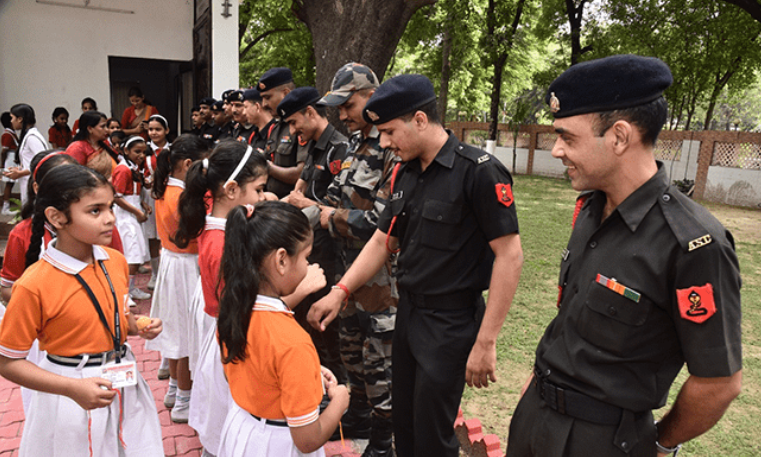
Image Credit: Shutterstock
By Nidhi Razdan
When India’s Prime Minister Modi made the sudden announcement about repealing the contentious farm laws, there was a stunned reaction not just from the vast number of BJP supporters but also from the pro establishment media (better known as godi media, a term coined by my former colleague Ravish Kumar), which had spent the last one year dutifully vilifying farmers, and now had to wrap their heads around this reversal.
Senior editors of “news” channels took to Twitter to express their angst, wondering if Article 370 was next. Their heartbreak was real. After all, after calling farmers names, what would these anchors do now? The fact that a large section of the mainstream press, mostly TV channels, have become government cheerleaders, is not new.
Backlash against godi media
The first signs of the backlash against godi media were visible when field reporters of these channels faced the anger of those taking part in protests against the citizenship amendment acts.
Many protesters refused to speak to them. Those who were desperate for soundbytes often had to remove the logo of their news channel from the microphone. The anger became more evident during the farmer protests of the last year.
Several farmers refused to speak to the reporters of these channels and many others carried placards saying ‘Godi media not allowed’. The channels which faced a brunt of this anger included Aaj Tak, Zee news and Republic TV.
The news portal ‘The Wire’ reported that some of the reporters of these channels spoke to them on the condition of anonymity to say they were being blamed for the views aired by their anchors. One said, “journalism used to be anti establishment. Since 2014 mainstream channels, including mine, have become official mouthpieces”.
Violating code of ethics
In the last one week, a series of orders by India’s National Broadcasting and Digital Standards Authority (NBDSA) have made headlines. The self regulating body, headed by Justice (retired) AK Sikri, which oversees TV channels and their digital arms, has found that debates on the February 2020 Delhi riots conducted by two Times Now anchors — Rahul Shivshankar and Padmaja Joshi — were not conducted in an “impartial and objective manner”.
They said the anchors had “violated the Fundamental Principles as enumerated in the Code of Ethics and Broadcasting Standards and various Guidelines issued by NBDSA” and ordered the channel to take down these videos from their own site and from You Tube.
Then came another order by the NBDSA which found that Zee news had violated the code of ethics in three videos that linked the farmer protests to khalistanis and also falsely reported that the national flag was removed from the Red Fort. The videos were ordered to be taken down.
In both these cases many could argue that action against the erring channels has come far too late. Indeed it has. But it is also good to see the broadcasting body, which is largely made up of peers from the industry, being more proactive on the complaints they receive.
As I write this column, more orders have come in from the NBDSA. It has directed the NewsNation channel to remove videos of a show they did called ‘conversion jihad’ for which the broadcaster had apologised.
The NBDSA said the channel should take “remedial action” against its anchors if they fail to remain impartial. The order says anchor Deepak Chaurasia violated their guidelines on religious harmony and fair reportage.
Times Now has again been found guilty of violations, meanwhile, this time for a show on activist Testa Setalvad’s visit to Shaheen Bagh in Delhi during the anti CAA protests and ordered to remove the videos.
The NBDSA order says they lacked objectivity and accuracy and goes on to say “the anchor must avoid pushing any agenda during the debate.” That would probably render many Indian news anchors unemployed.
Much much more needs to be done to hold India’s media accountable. I believe bodies like the NBDSA or the Press Council need to be given statutory powers. Eventually, history will remember how some media houses in India were a disgrace to their profession.
This story first appeared on gulfnews.com






